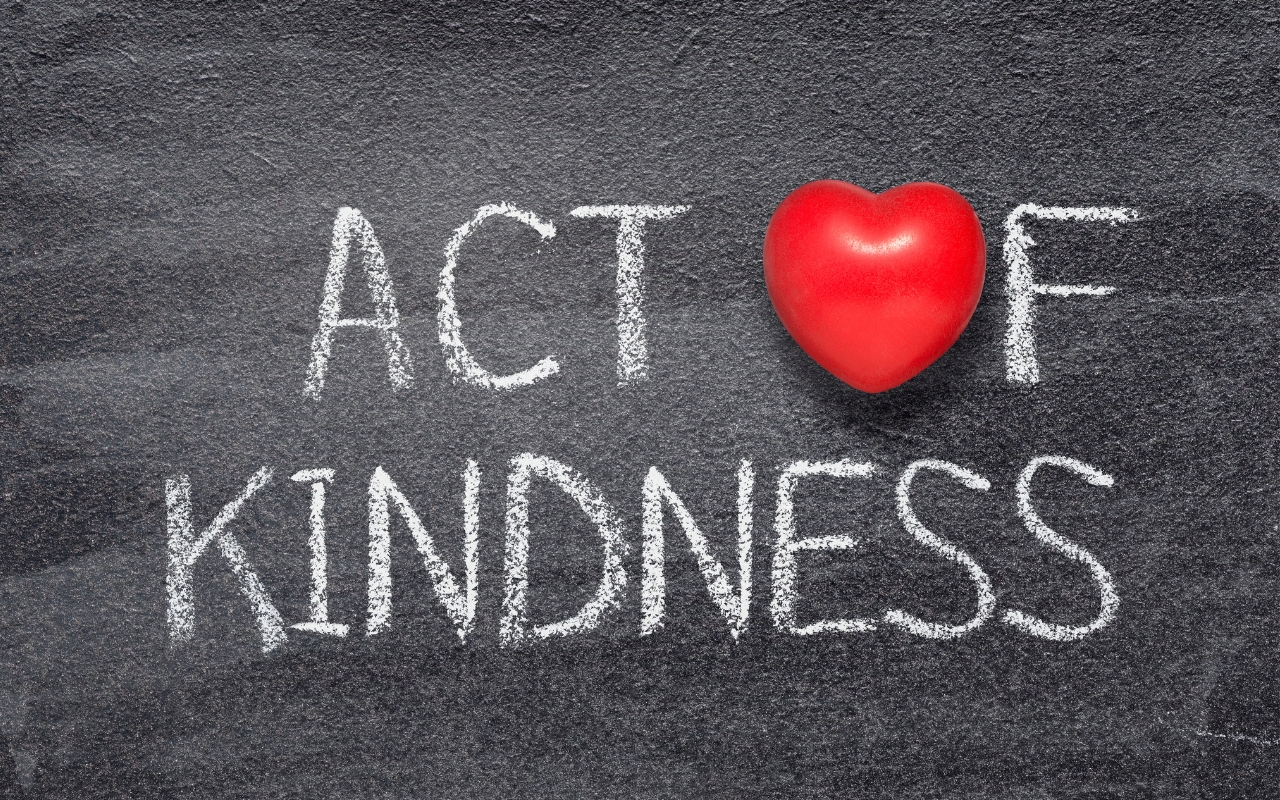In a world often overshadowed by conflict and negativity, the simple act of kindness stands as a beacon of hope and transformation. Kindness, whether extended to others or oneself, has the profound ability to uplift mental health, foster social connections, and enhance overall well-being. This in-depth article explores how kindness affects mental health, elucidates the science behind these benefits, and offers practical ways to incorporate kindness into daily life.
The connection between kindness and mental health is well-documented. Research underscores that acts of kindness, no matter how small, can significantly improve mental well-being. A survey conducted by the Mental Health Foundation revealed that 63% of UK adults reported enhanced mental health when either giving or receiving kindness. This dual impact indicates that the benefits of kindness are not one-sided; both the giver and the receiver experience positive effects.
Practicing kindness can serve as an antidote to the pervasive stress and anxiety many face today. When individuals engage in kind acts, their brains release oxytocin, often referred to as the “love hormone,” which can create feelings of warmth and connection. This hormone also helps reduce blood pressure, which can lower stress levels. Moreover, engaging in kind acts triggers the release of endorphins, the brain's natural painkillers, which can induce a state of emotional well-being known as “helper's high.”
But why exactly does kindness have such a powerful effect on our mental state? The answer may lie in our evolutionary history. Humans have evolved as social creatures whose survival depended on cooperation and mutual support. Our brains are wired to feel good when we help others, reinforcing behaviors that benefit the group. Kindness strengthens social bonds, creating a network of support that can be crucial during times of stress or hardship.
Volunteering is a prime example of how kindness can benefit mental health. Studies have shown that people who volunteer regularly report lower levels of depression and higher levels of life satisfaction. Volunteering provides a sense of purpose and community, which are essential components of mental health. It encourages social interaction and fosters a sense of belonging, thereby combating loneliness and isolation, which are significant risk factors for mental illnesses such as depression and anxiety.
Furthermore, the impact of kindness extends beyond emotional well-being to physical health. Acts of kindness can lead to a more active lifestyle, as volunteer activities often involve physical tasks. This increase in physical activity can improve overall health, reduce the risk of certain diseases, and even extend lifespan. Research suggests that people who regularly help others tend to live longer, healthier lives. This phenomenon is partly attributed to the stress-reducing effects of kindness, which can lower the body's cortisol levels and, in turn, reduce inflammation and the risk of chronic diseases.
Despite these numerous benefits, it is crucial to recognize that the act of being kind should not be overwhelming. The positive effects of kindness can be diminished if individuals feel burdened or stressed by their efforts to help others. Therefore, it is essential to practice self-care and ensure that acts of kindness are manageable and enjoyable, rather than a source of additional stress. Balancing kindness with self-care is key to maintaining mental and emotional health.
Self-compassion, or being kind to oneself, is equally important. In modern society, self-criticism often prevails, leading to feelings of inadequacy and low self-esteem. Self-compassion involves treating oneself with the same kindness and understanding that one would offer a friend. Practicing self-compassion can reduce feelings of shame and self-criticism, which are detrimental to mental health. It encourages a more positive self-view and resilience in the face of life's challenges.
Interestingly, the benefits of kindness can also be observed in those who witness kind acts. Observing kindness can inspire individuals to engage in similar behaviors, creating a ripple effect that spreads positivity and well-being throughout the community. This phenomenon underscores the importance of incorporating kindness into public policies and community programs to foster a culture of compassion and support.
To cultivate kindness in everyday life, consider starting with small, manageable actions. Here are a few practical suggestions:
- Compliments: Offering genuine compliments to friends, family, or even strangers can lift their spirits and contribute to a positive environment.
- Quality Time: Spending time with loved ones or carving out moments for self-care can strengthen connections and promote mental well-being.
- Smile: Simply smiling at others can spread positivity and create a more friendly atmosphere.
- Offer Help: Helping someone with a task, whether large or small, can make a significant difference in their day and enhance your sense of purpose.
- Gratitude: Practicing gratitude, either by keeping a journal or expressing thanks to those around you, can shift your focus to the positive aspects of life.
Moreover, kindness can be integrated into broader societal efforts. Organizations and policymakers can promote kindness through campaigns and initiatives aimed at enhancing community well-being. For instance, promoting volunteer opportunities, supporting mental health services, and fostering inclusive environments can all contribute to a kinder, more supportive society.
In recent years, the concept of “paying it forward” has gained traction, emphasizing the idea that acts of kindness can cascade through society, creating broader waves of positivity. This movement highlights the collective impact of individual actions and underscores the potential for kindness to create meaningful change.
One notable example of a structured kindness initiative is the Mental Health Foundation's Kindness Campaign. This campaign emphasizes the mental health benefits of kindness and provides resources for individuals and communities to engage in kind acts. By participating in such initiatives, individuals can contribute to a larger movement aimed at improving societal well-being.
Another valuable resource is the MQ Mental Health website, which offers insights into the relationship between kindness and mental health. It provides practical tips for incorporating kindness into daily life and highlights the scientific basis for these benefits.
Ultimately, the transformative power of kindness lies in its simplicity and accessibility. While modern life can be complex and overwhelming, acts of kindness are straightforward and within reach for everyone. Whether through volunteering, offering a kind word, or practicing self-compassion, kindness has the potential to improve mental health and create a more connected and supportive society.
In conclusion, kindness is a powerful tool for enhancing mental health and well-being. Its benefits are supported by scientific research and observable in everyday life. By incorporating kindness into our interactions with others and ourselves, we can build a more compassionate world and help alleviate the mental health challenges many face today. Let us embrace kindness as a fundamental aspect of our lives and work towards a future where compassion and support are at the forefront of societal values.










